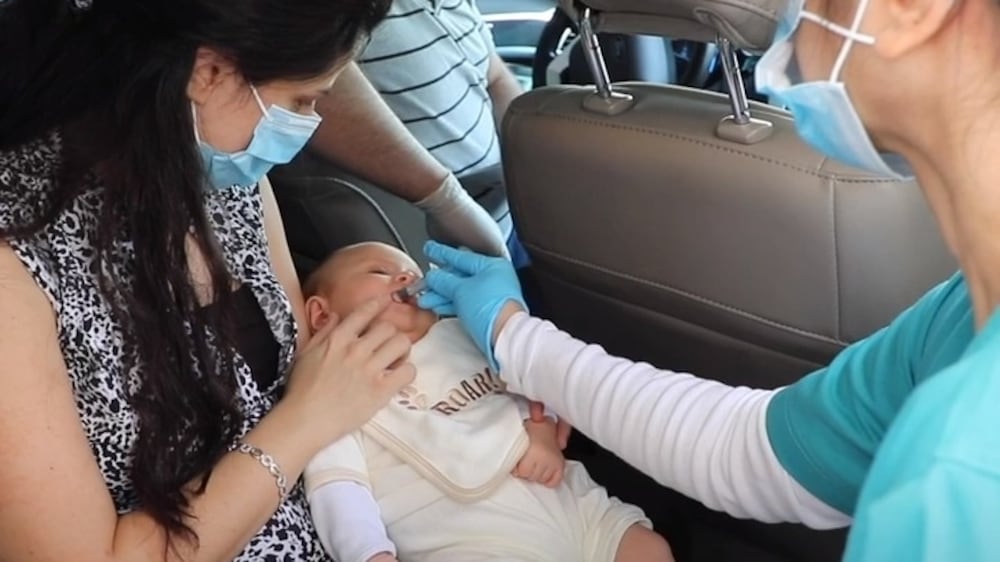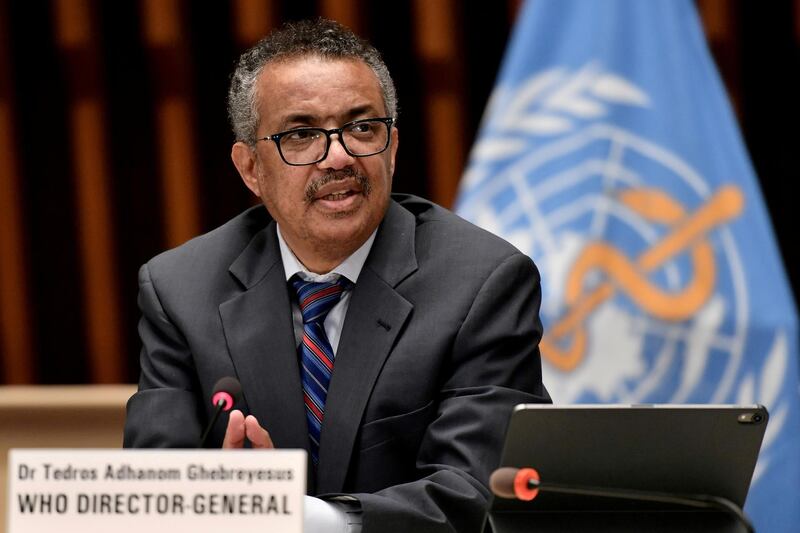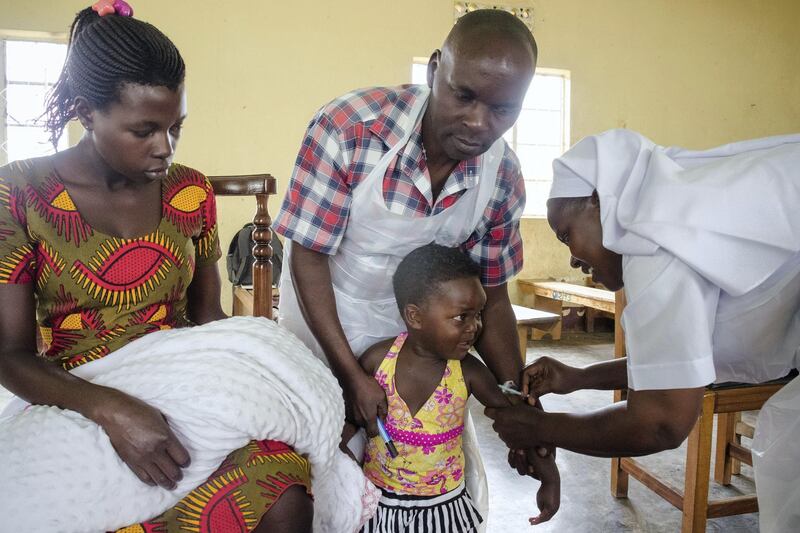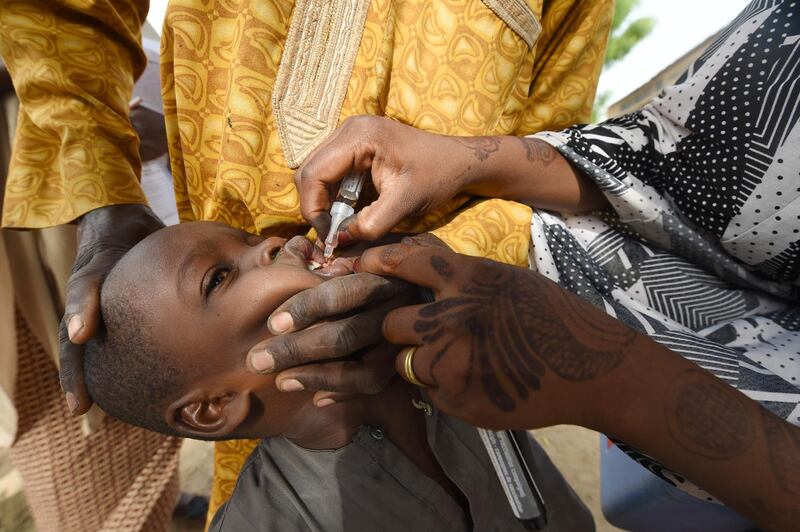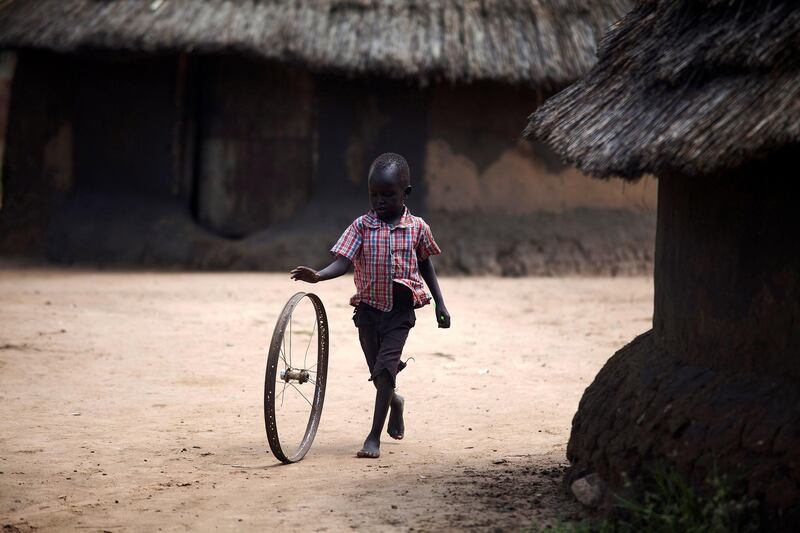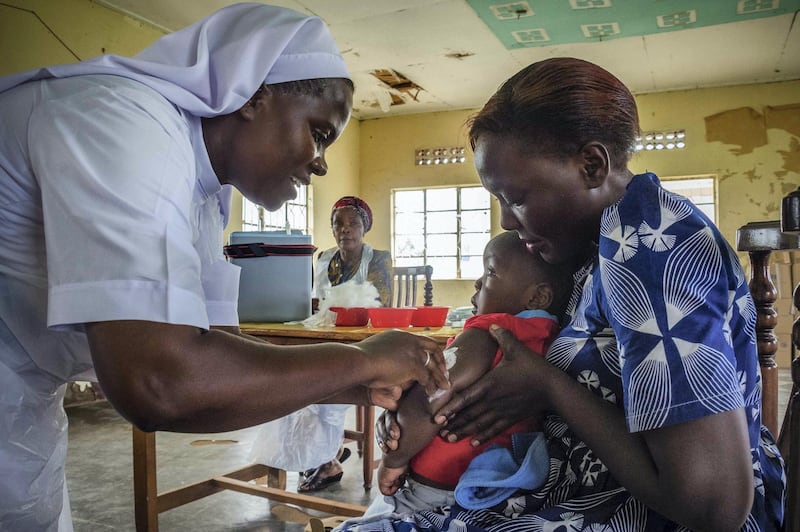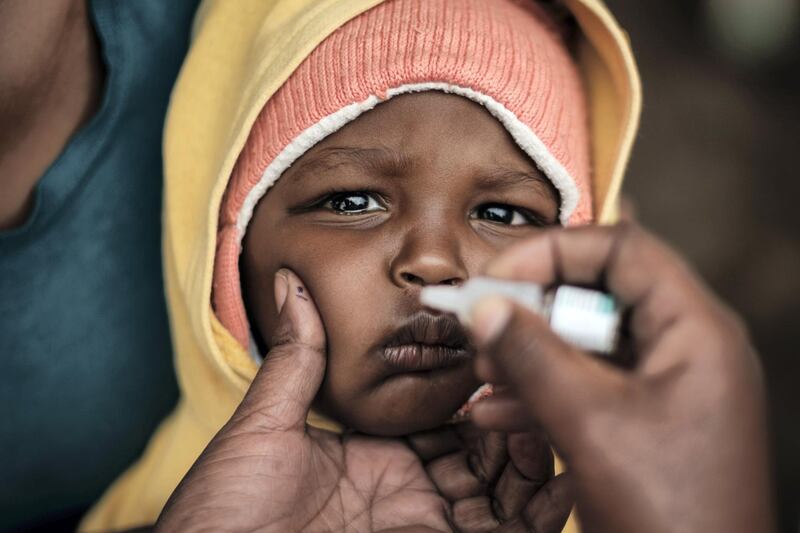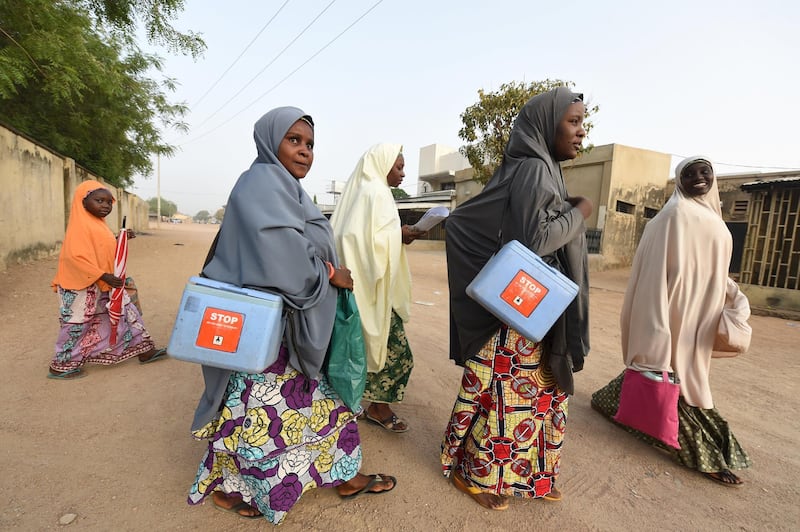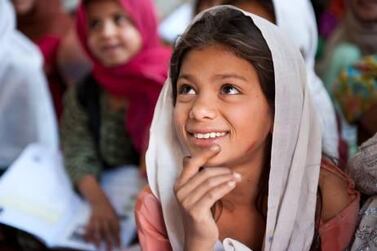The United Nations on Monday announced a new worldwide vaccination initiative intended to prevent 50 million deaths by 2030 even as many countries remain laser-focused on obtaining Covid-19 vaccines to immunise their populations against the pandemic.
“Vaccines will help us end the Covid-19 pandemic but only if we ensure fair access for all countries, and build strong systems to deliver them,” World Health Organisation Director General Tedros Adhanom Ghebreyesus said in a statement. “And if we’re to avoid multiple outbreaks of life-threatening diseases like measles, yellow fever and diphtheria, we must ensure routine vaccination services are protected in every country in the world.”
The pandemic has slowed essential vaccination services for other diseases across the world, with more than 50 countries suspending immunisation campaigns against diseases such as measles, yellow fever and polio. The WHO notes that this pandemic-induced lull puts approximately 228 million people, mostly children, at risk of preventable diseases.
The setback has resulted in measles outbreaks in a number of countries including Yemen, Pakistan and the Democratic Republic of Congo.
The WHO, Unicef and the Gavi vaccine alliance seek to rectify this by introducing their global vaccination drive during World Immunisation Week.
The campaign sets the goal of achieving 90 per cent global coverage for essential vaccines administered during childhood and halving the number of minors who miss their vaccines. The campaign will also require the introduction of 500 “national or subnational” new vaccines, including immunisations for Covid-19 and human papillomavirus (HPV).
“Even before the pandemic, there were worrying signs that we were beginning to lose ground in the fight against preventable child illness, with 20 million children already missing out on critical vaccinations,” said Unicef Executive Director Henrietta Fore. “The pandemic has made a bad situation worse, causing millions more children to go unimmunised.”
Henrietta Fore, Unicef executive director
“Now that vaccines are at the forefront of everyone’s minds, we must sustain this energy to help every child catch up on their measles, polio and other vaccines. We have no time to waste. Lost ground means lost lives.”
Because of disruptions at the onset of the pandemic, Unicef delivered only 2 billion vaccine doses in 2020, compared to 2.29 billion in 2019.
“Millions of children across the world are likely to miss out on basic vaccines as the current pandemic threatens to unravel two decades of progress in routine immunisation," said Dr Berkley, chief executive of Gavi. “To support the recovery from Covid-19 and to fight future pandemics, we will need to ensure routine immunisation is prioritised as we also focus on reaching children who do not receive any routine vaccines, or zero-dose children. To do this, we need to work together – across development agencies, governments and civil society – to ensure that no child is left behind”.
To that end, the three organisations are calling on world leaders and international donors to “make explicit commitments” to the campaign “and invest in stronger immunisation systems”.
The campaign also calls on all countries to “implement ambitious national immunisation plans,” while scaling up investments in vaccine research, development and delivery.
Abu Dhabi launches drive-through vaccinations for children
